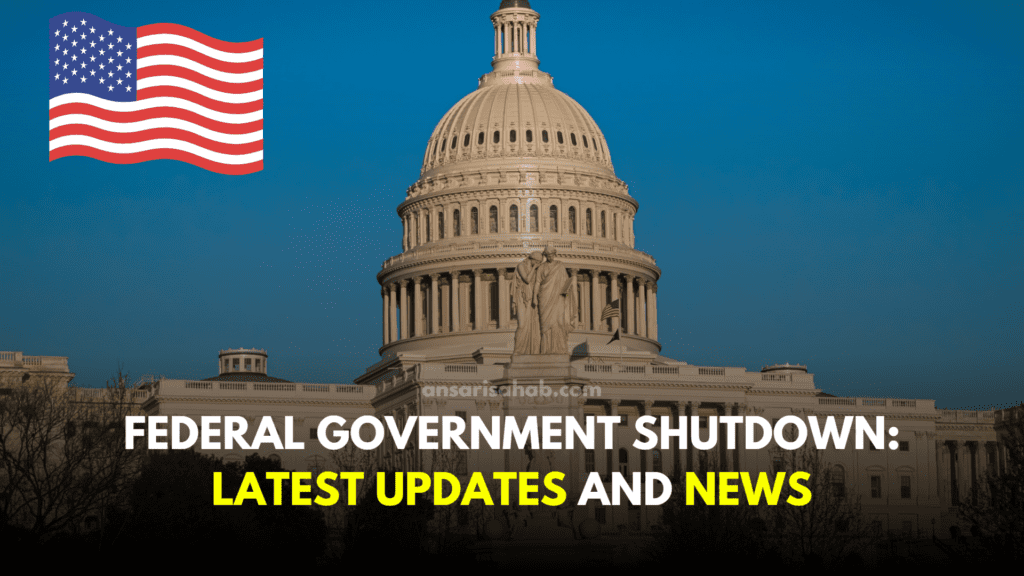The US housing market is currently experiencing a series of challenges that have raised concerns about the possibility of a recession reminiscent of the 1980s. Wells Fargo, a prominent financial institution, recently issued a warning, drawing parallels between the current housing market conditions and those leading up to the 1980s housing market crash. This blog will delve into the factors causing this housing market slowdown, similarities to the 1980s, the likelihood of a crash, and offer guidance for both homeowners and potential buyers.
Factors Contributing to the Housing Market Slowdown:
- High Mortgage Rates and Inflation: One of the significant contributors to the current housing market challenges is the surge in mortgage rates. The average interest rate on a 30-year fixed-rate mortgage has exceeded 7%, a level unseen in decades. Additionally, rising inflation, with the Consumer Price Index (CPI) reaching a 40-year high in September 2023, is eroding the purchasing power of potential homebuyers, making it harder for them to afford homes.
- Shortage of Homes for Sale: The persistent shortage of homes available for sale has been an ongoing issue. Multiple factors have led to this shortage, including a decrease in new construction and a surge in buyer demand. This imbalance between supply and demand is pushing home prices to record highs, making homeownership less accessible for many.
Parallels to the 1980s Housing Market:
The current housing market conditions share similarities with the 1980s, particularly regarding high-interest rates and rapidly increasing home prices. The 1980s witnessed a housing bubble that ultimately burst in 1987, leading to one of the most severe economic downturns in US history.
Is a Housing Market Crash Likely?
While it’s challenging to predict with certainty, several factors indicate an increasing risk of a housing market crash:
- High Levels of Debt: The US economy is currently burdened with a staggering $30 trillion in total consumer and business debt. This heavy debt load heightens the economy’s vulnerability to external shocks, including a housing market crash.
- Income Inequality: The wealth gap between the rich and poor has been widening, making homeownership unattainable for many. This inequality could exacerbate the impacts of a potential housing market crash.
Read Also: Saudi Arabia to Host 2034 FIFA World Cup
What Should Homeowners Do?
For existing homeowners, preparation is key to weathering a potential housing market crash:
- Build a Financial Cushion: Ensure you have a sufficient emergency fund to cover living expenses for several months, safeguarding your financial stability in the event of job loss or declining home values.
- Assess Mortgage Affordability: Review your mortgage terms and assess whether your current mortgage is affordable. Refinancing may be a viable option if interest rates rise further.
What Should Potential Homebuyers Do?
Prospective homebuyers can take several steps to mitigate the risks associated with a housing market crash:
- Monitor the Market: Keep a close eye on market conditions. Consider delaying your purchase until the market cools down and prices become more favorable.
- Get Pre-Approved: Obtain a mortgage pre-approval before beginning your home search. This will provide clarity on your borrowing capacity and streamline the buying process.
Implications of a Housing Market Recession:
A housing market recession could have far-reaching consequences:
- Job Losses: The construction and real estate sectors, heavily dependent on a thriving housing market, may experience job losses.
- Decline in Consumer Spending: Homeowners facing financial stress are likely to reduce spending on non-essential goods and services, potentially dampening economic growth.
- Decline in Home Values: A housing market recession can lead to a substantial drop in home values, making it challenging for homeowners to refinance or sell their homes.
Preventing a Housing Market Crash:
Efforts to prevent a housing market crash can be undertaken at various levels:
- Federal Reserve Policy: The Federal Reserve may choose to slow down its interest rate hikes to mitigate the impact on the housing market.
- Government Subsidies: The government can provide subsidies to assist first-time homebuyers with down payments, enhancing affordability.
- Increase Housing Supply: Encouraging and facilitating new construction can help alleviate the shortage of homes for sale, potentially stabilizing prices.
Conclusion:
The US housing market is facing substantial challenges, with increasing concerns about a possible 1980s-style recession. While the situation is uncertain, homeowners and potential buyers can take measures to protect themselves. Government and Federal Reserve actions may also play a significant role in preventing a housing market crash and its broader economic repercussions.
The cyclical nature of the housing market, its importance in the overall economy, and the recent actions taken by the government and the Federal Reserve underscore the need for vigilance and preparedness in these uncertain times. By staying informed and making prudent financial decisions, individuals can navigate the housing market’s twists and turns more effectively.









